Testimony of Omer Ismail – Sudan: Human Rights and Sanctions
Testimony of Omer Ismail, Enough Project Senior Advisor, given on April 4th, 2017 before the U.S. Congress’ Tom Lantos Human Rights Commission hearing on “Sudan: Human Rights and Sanctions.” ...
The Many Faces of al-Bashir: Sudan’s Persian Gulf Power Games
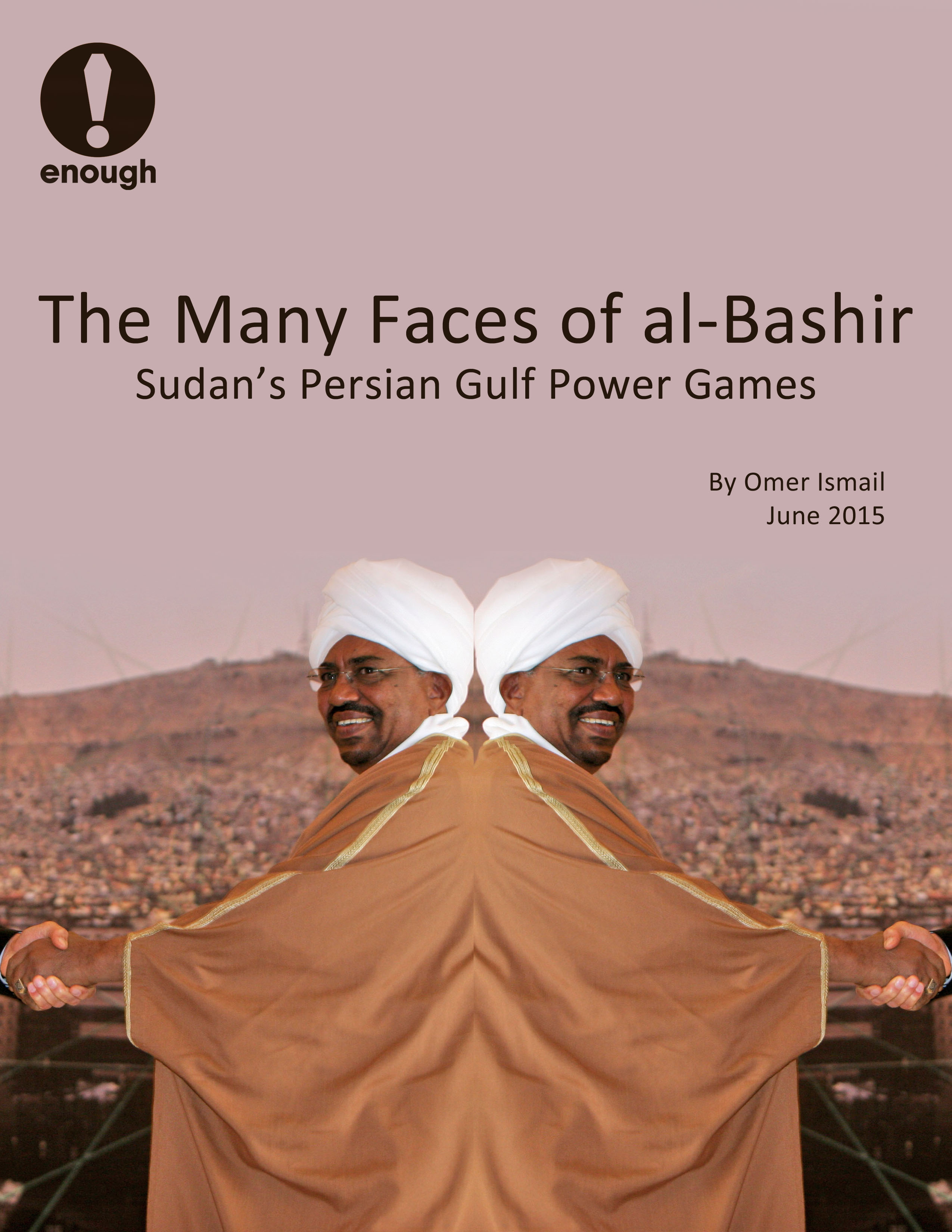
Recent shifts in the politics of the Persian Gulf could benefit the ruling coterie in economically isolated and politically ostracized Sudan. Sudan’s inclusion in the broader Arab coalition against the Houthis in Yemen, the recent agreement in April on a framework for a nuclear deal to be finalized between Iran, the United States, and others, and the rapprochement between Ethiopia and Egypt sealed by the Nile waters agreement, all dramatically alter Sudanese President Omar al-Bashir’s view of his opportunities. At first glance, these evolving relationships may make it harder for American policymakers, who are now part of the same fighting ...
Testimony on The Troubling Case of Mariam Ibrahim
Ten years ago yesterday, the United States Congress determined that the violence that plagued the Darfur region of Sudan is a genocide perpetrated by the country’s own government ...
Sudan’s Tortured Peace Process
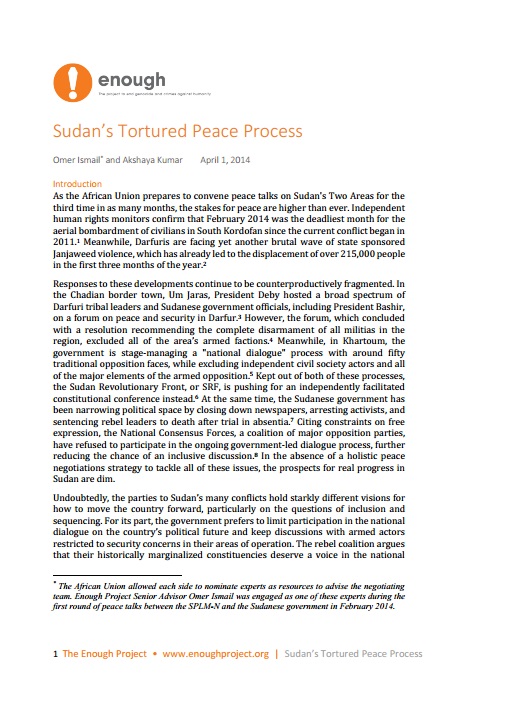
As the African Union prepares to convene peace talks on Sudan's Two Areas for the third time in as many months, the stakes for peace are higher than ever. This Enough Project report calls for a comprehensive peace process that addresses the root causes of the conflicts and urgent needs across Sudan's periphery in a coordinated way ...
Forgotten Wars: Sudan’s Periphery Smolders with Focus on South Sudan
Escalating violence, displacement, and new political developments in the areas along Sudan’s periphery—Darfur, South Kordofan, and Blue Nile—are going largely unnoticed as international attention focuses on violence in South Sudan ...
Darfur’s Gold Rush: State-Sponsored Atrocities 10 Years After the Genocide
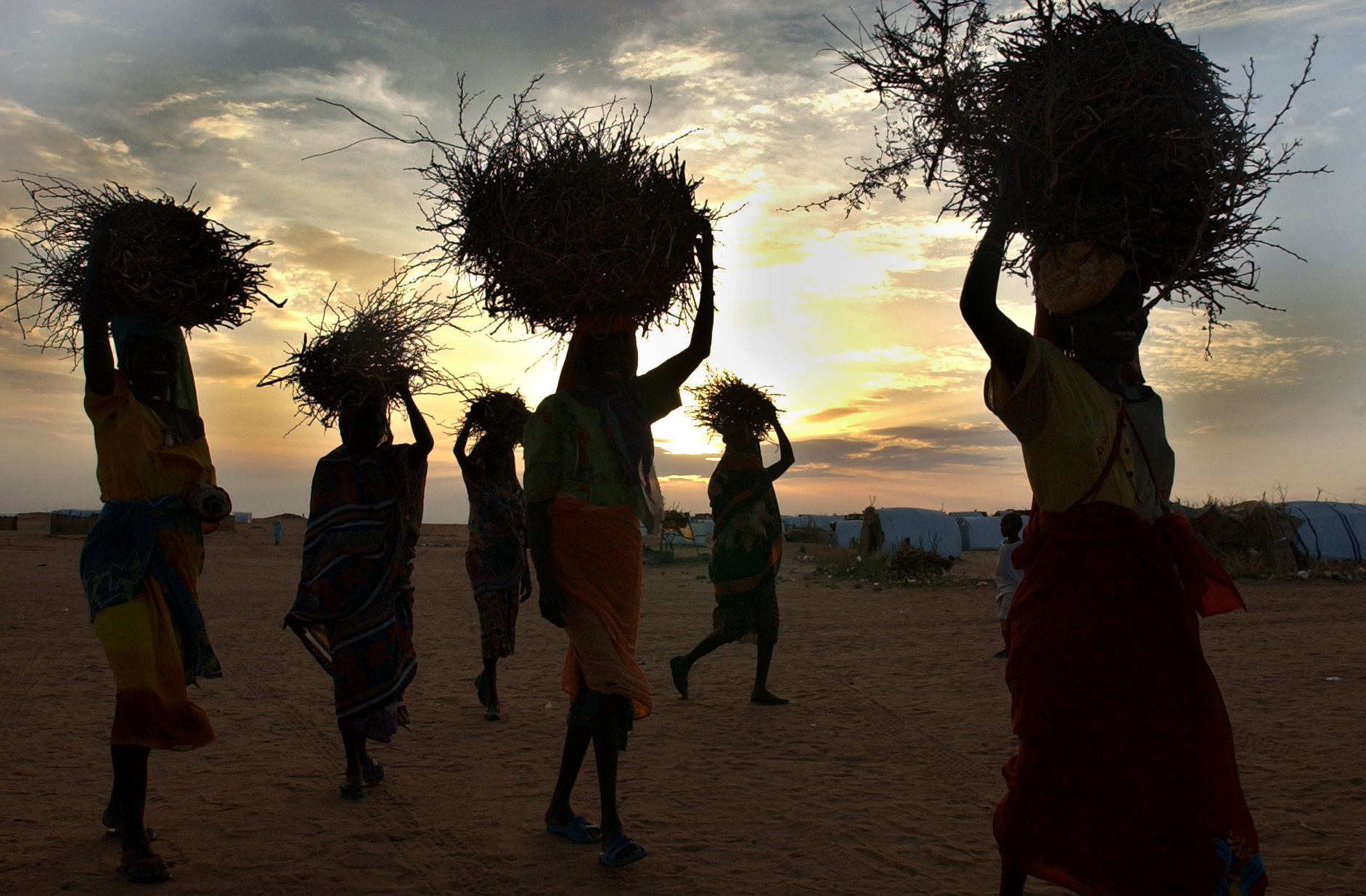
A joint report by the Enough Project and Satellite Sentinel Project examines the Abbala militias' recent power play to gain control over lucrative gold mines in North Darfur and makes the case that these actions are a continuation of state-sponsored atrocity and plunder ...
The Broken Approach to Peace Between the Sudans: A Proposal to End the Cycle of Incremental Progress and Dangerous Delay
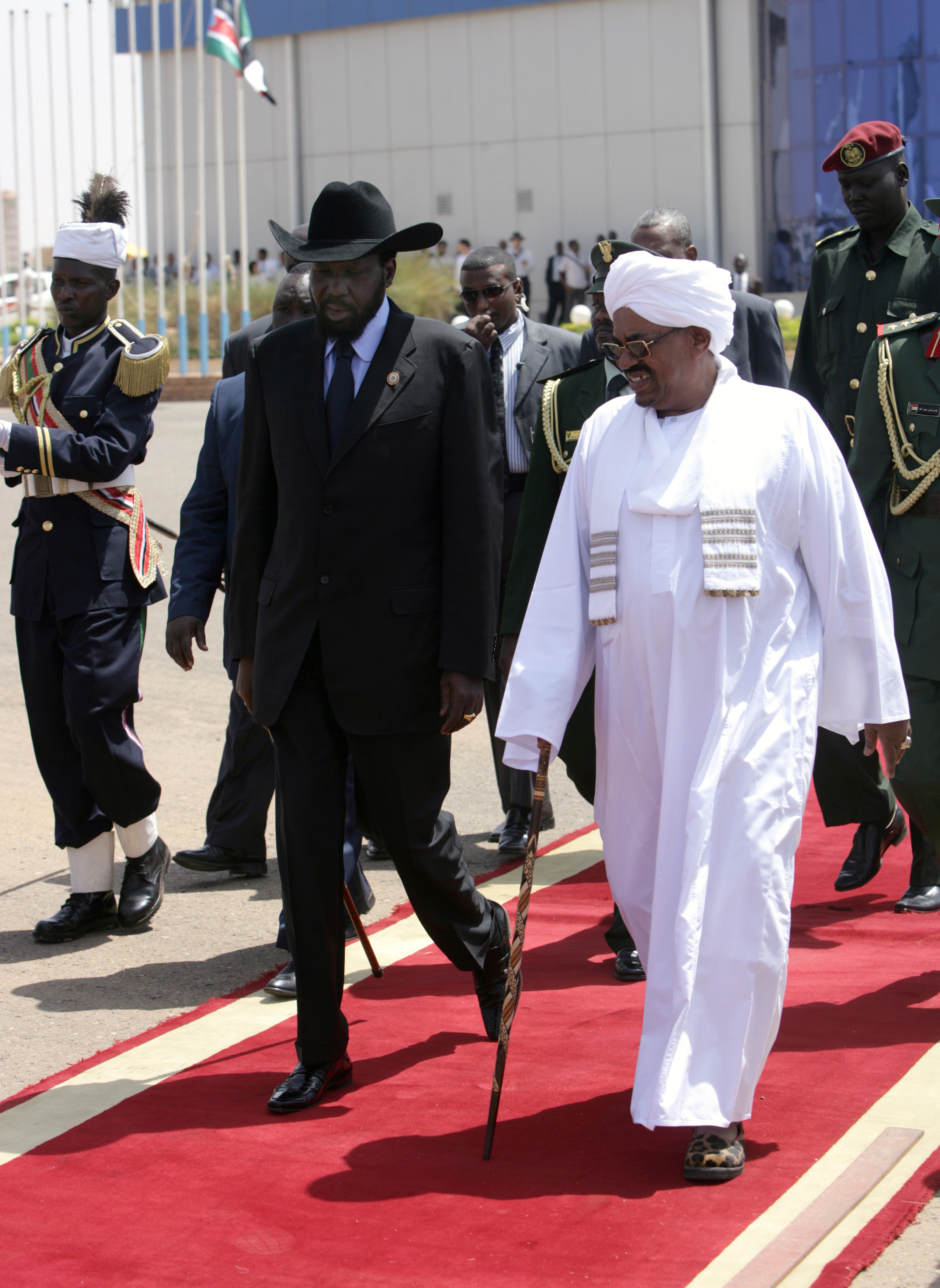
The international community’s current approach to brokering peace between the two Sudans is caught in a counterproductive cycle. This paper argues that the issues troubling the most recent negotiations are symptomatic of broader problems with the international community’s efforts to broker peace in the Sudans, identifies the underlying reasons why the process has failed to move forward, and proposes three recommendations for a more viable strategy ...
Failing Darfur
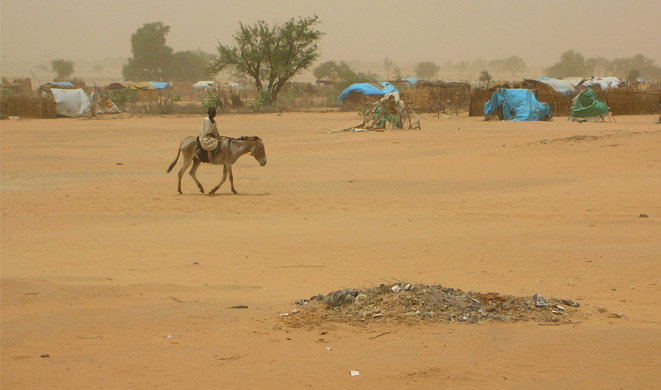
Another Darfur peace agreement has failed, but the United Nations, or U.N., and some donor governments continue to prop up its implementation. This continued support is actually making matters worse in Darfur. By buttressing a dead peace deal, the interna- tional community is ignoring the ongoing conflict that the agreement did not address, while simultaneously contributing to the divide-and-conquer strategy of the Khartoum government, which seeks to negotiate separately with the various Darfur factions and to insulate the Darfur insurgency from other similar rebellions in South Kordofan, Blue Nile, and – potentially – the East ...
The Two Sudans: A Tour of the Neighborhood
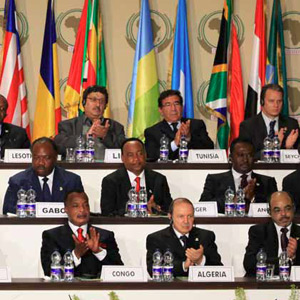
Prior to South Sudan’s independence in July 2011, Sudan was the largest country in Africa, bordering nine other states. Today, the two Sudans share a diverse and critical geopolitical sub-region that links the Sahara, the Sahel, the Horn, and the Great Lakes. In this report the Enough Project examines some of the two countries’ most important neighbors and regional relationships ...
How to Save Darfur’s Peace Process

The time has come to recognize that the issues in Darfur mirror those in South Kordofan, Blue Nile, and the East, and should therefore not be dealt with in isolation. The international community needs to abandon its piecemeal approach to Sudan and unite behind a demand for a comprehensive solution to the problem of overly concentrated, abusive power at the center ...

